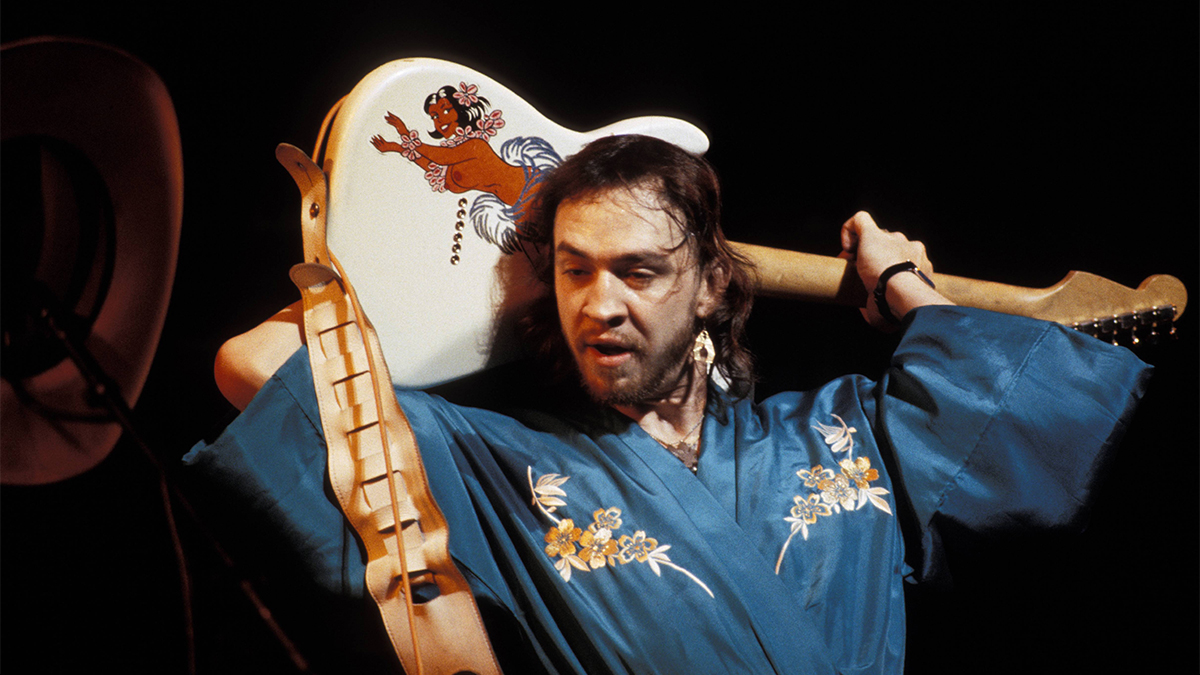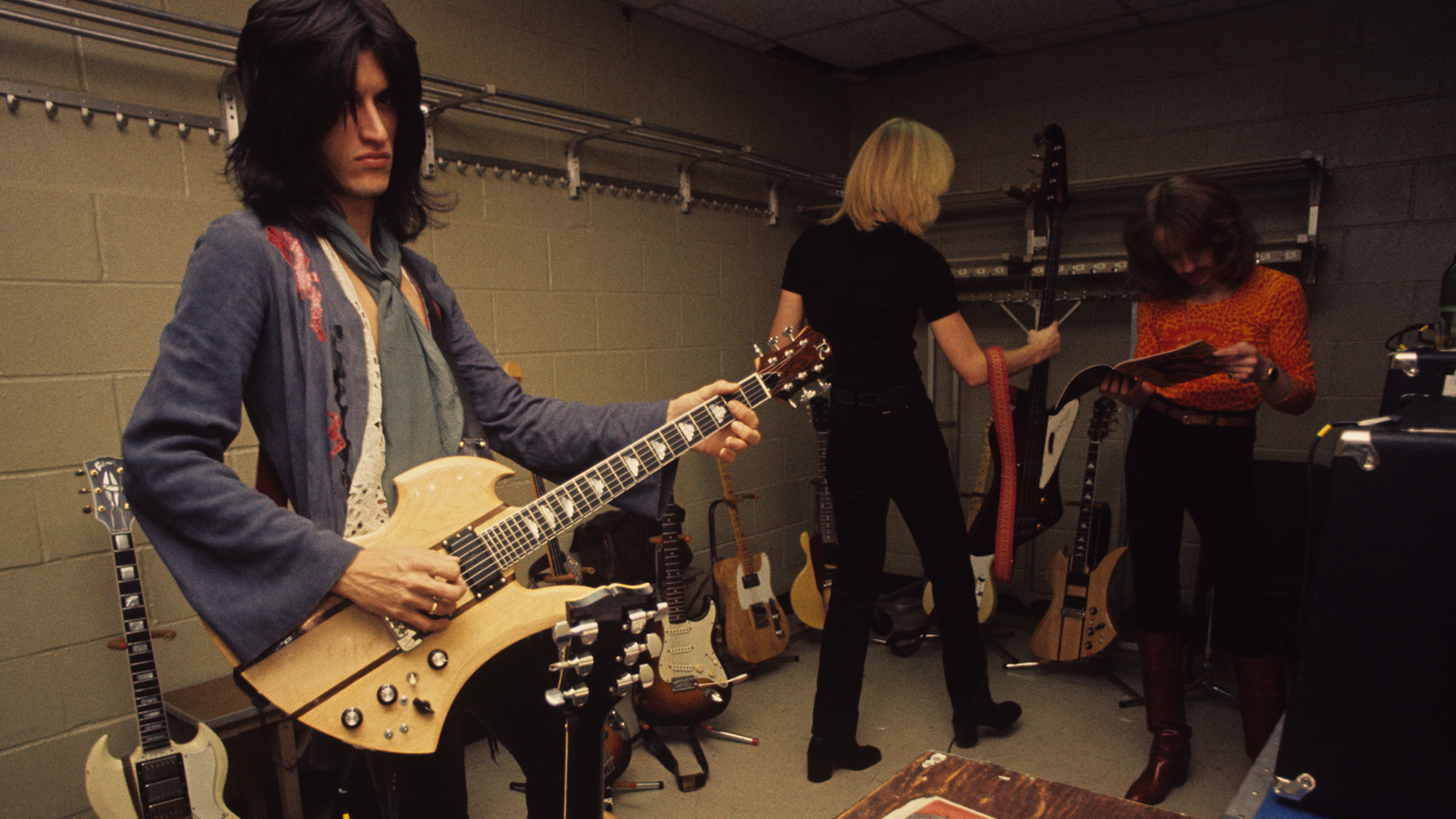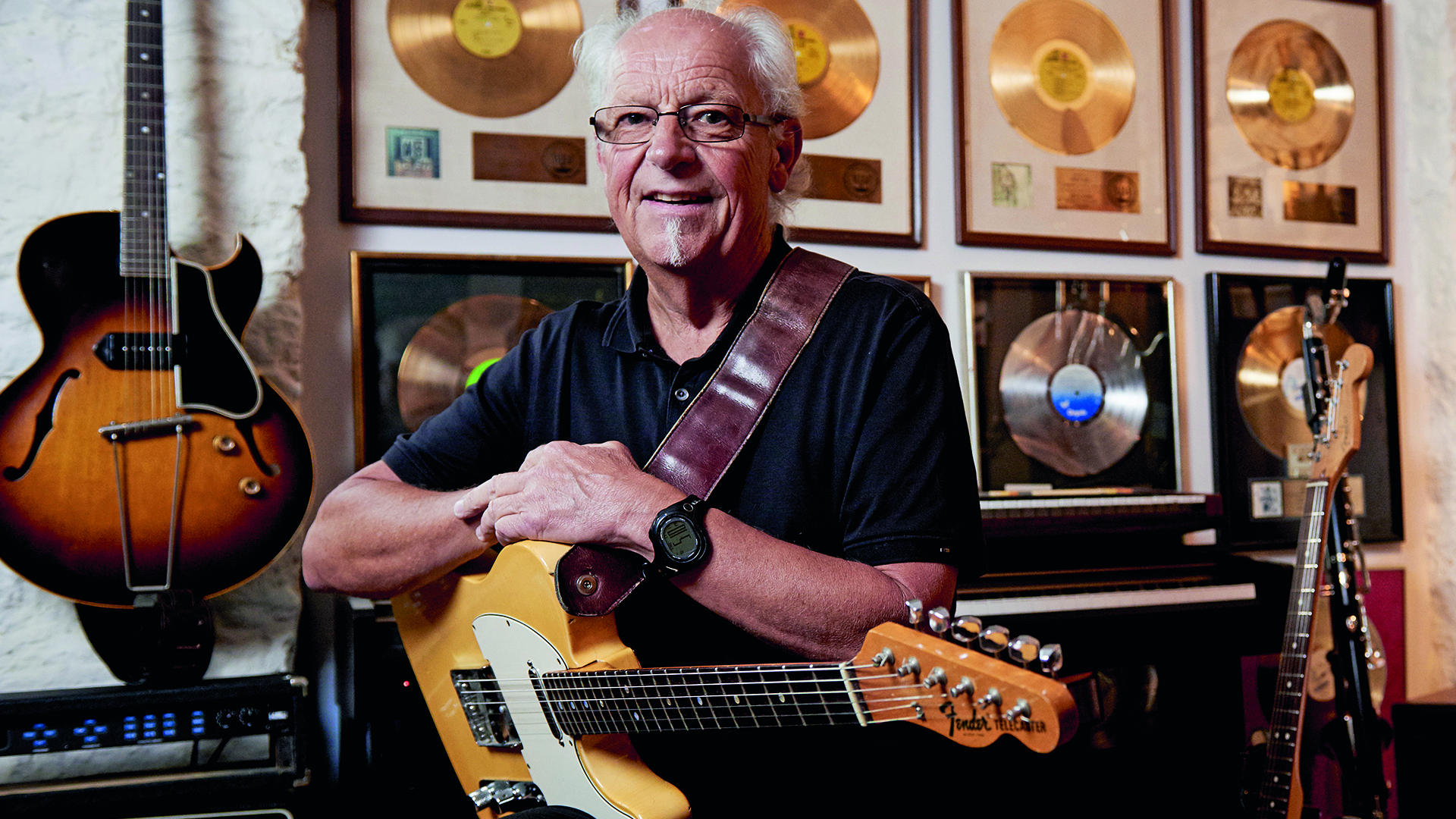“He was the whole package; I learned a lot from that.” Eric Johnson on the one thing that took Stevie Ray Vaughan’s playing to the next level
The guitarist has reflected on their brief time touring together and recognized the detail that made him so unique

Austin-born guitarist Eric Johnson has reflected on his hometown’s knack for spawning next-level guitarists and how the city, with its “little artistic pockets,” helped shape them.
Certain places have come to be intimately associated with specific styles of music, from the Mississippi blues to the Seattle grunge explosion of the ‘90s. Austin, meanwhile, is often celebrated as the world’s live musical capital, as well as for its ties with the blues. And Johnson has always been in awe of its most famous export, the late Stevie Ray Vaughan.
During a sit-down interview featured in the latest issue of Guitarist, the '"Cliffs of Dover" composer offers a taste of what the Austin scene was like when he cut his teeth there. He’s also revealed the one skill SRV boasted that Johnson feels deserves as many accolades as his abilities on electric guitar.
“When I look back now, I realize there are certain little artistic pockets that are known for certain things, like new art,” he says. “Austin had its own thing; its own artistic pocket. A lot of the players there had that blues influence. No matter what kind of music they did; whether it’s country or country rock or blues or jazz, there’s an element of blues in what they do.”

Perhaps there’s something special in the water supply. It would go some way to explaining SRV’s revolutionary talents.
“Stevie was fantastic,” Johnson continues, paying his respects. “I got to do some touring with him and hang with him a little bit. He was a wonderful guy and obviously a tremendous talent. Just the way he could give it up and go out there and get out of the way of himself and channel this great, beautiful force and be a really, really fine singer in front of all the powerful music that he did.
“I really admire that, probably just as much as his guitar playing,” Johnson continues. “I think he was a great singer and he wrote really good songs. He had the whole package. I learned a lot from that — trying to put emotion into what you do. He certainly was a master at that.”
Get The Pick Newsletter
All the latest guitar news, interviews, lessons, reviews, deals and more, direct to your inbox!
SRV's legacy was cut all too short when he died aged just 35. His brother, Jimmie Vaughan has spoken to Guitar Player about the impact his death had on him.
“I’m still in denial about it. It was terrible. I had to deal with losing my little brother,” he said only last year. “The thing is that he died on the same day that our father died, four years earlier. Imagine how that felt when I was calling up my mother to tell her. I guess she thought I was calling up to tell her I was thinking about her on that anniversary. And I have to tell her that Stevie got killed?

“It’s a life-changing experience... I didn’t know what to do or say about it when it happened. I almost didn’t even want to play anymore. I didn’t know what I was supposed to do.”
Stevie was fantastic. Just the way he could give it up and go out there and get out of the way of himself and channel this great, beautiful force.
Eric Johnson
While SRV enjoyed a sizable reputation, he once went on record to lament that Johnson's stature wasn't bigger. “If Seven Worlds had come out at the time it was ready, instead of being held back, he would have been as big as Jeff Beck,” Vaughan said.
The record was released in 1998 but had been recorded two decades earlier, in the wake of his old band the Electromagnets splitting up.
Meanwhile, footage of Stevie jamming with Albert Collins and Jimmie Vaughan in 1989 has recently resurfaced, after being feared lost for 20 years.
A freelance writer with a penchant for music that gets weird, Phil is a regular contributor to Prog, Guitar World, and Total Guitar magazines and is especially keen on shining a light on unknown artists. Outside of the journalism realm, you can find him writing angular riffs in progressive metal band, Prognosis, in which he slings an 8-string Strandberg Boden Original, churning that low string through a variety of tunings. He's also a published author and is currently penning his debut novel which chucks fantasy, mythology and humanity into a great big melting pot.
“F****d me up completely. I couldn’t make head or tail of it.” Eric Clapton on the one guitarist who blew him away onstage
“We were underdogs that still had to prove ourselves.” Aerosmith feared their label would drop them if 'Toys in the Attic' wasn’t a success. Fifty years on, Joe Perry discusses the riffs that saved them from oblivion










